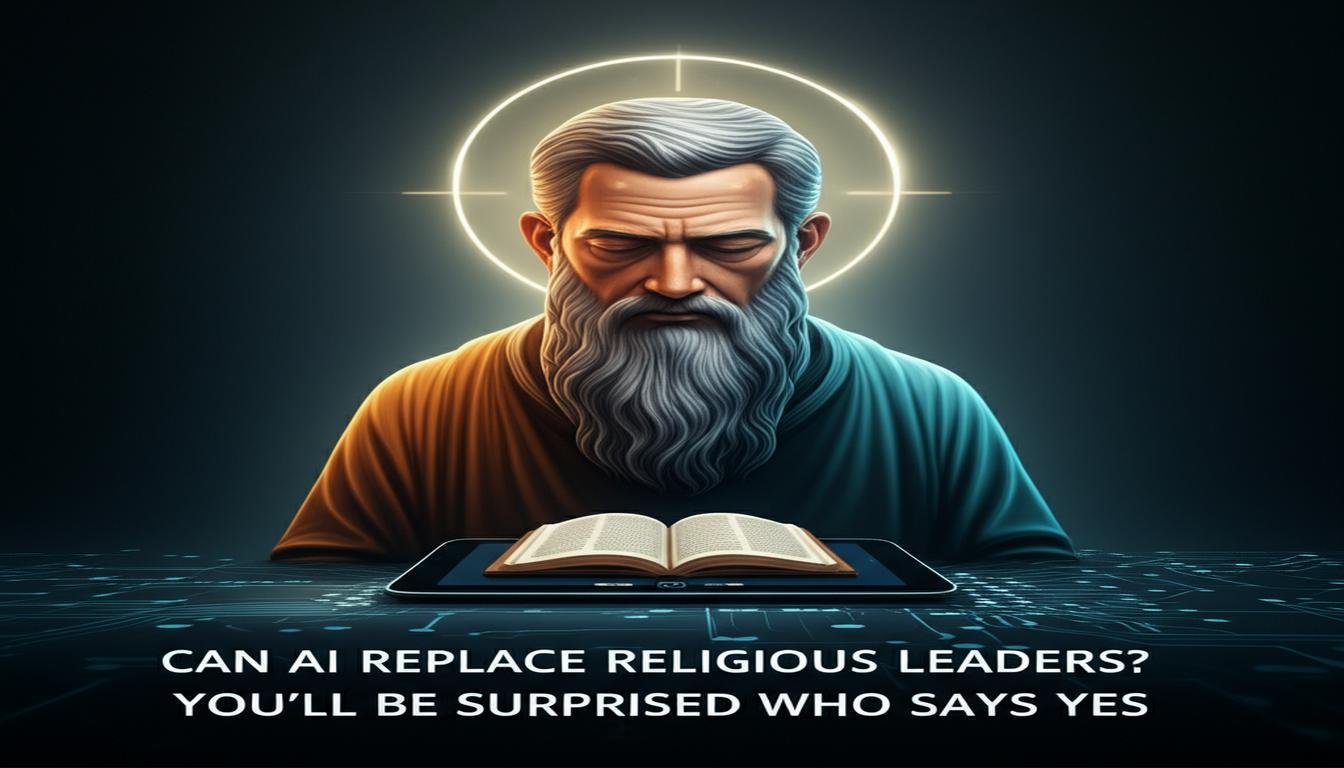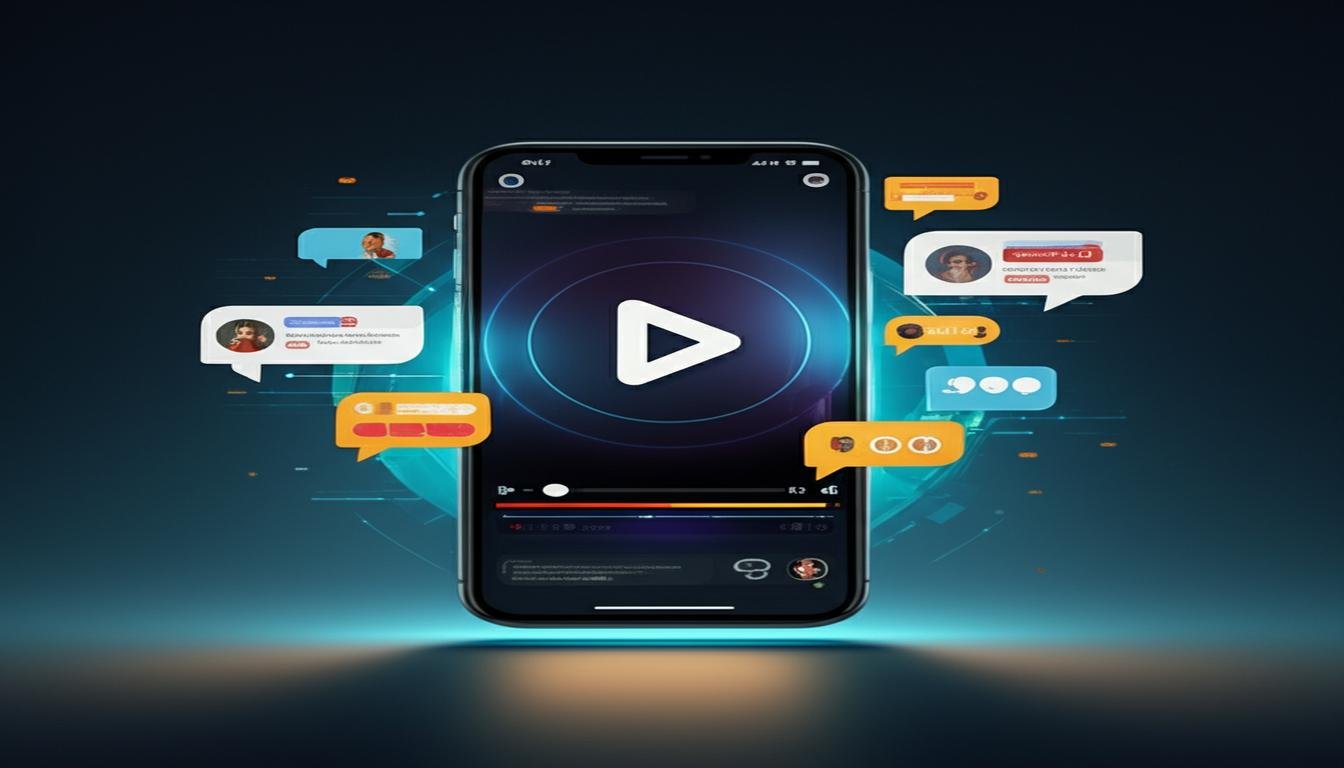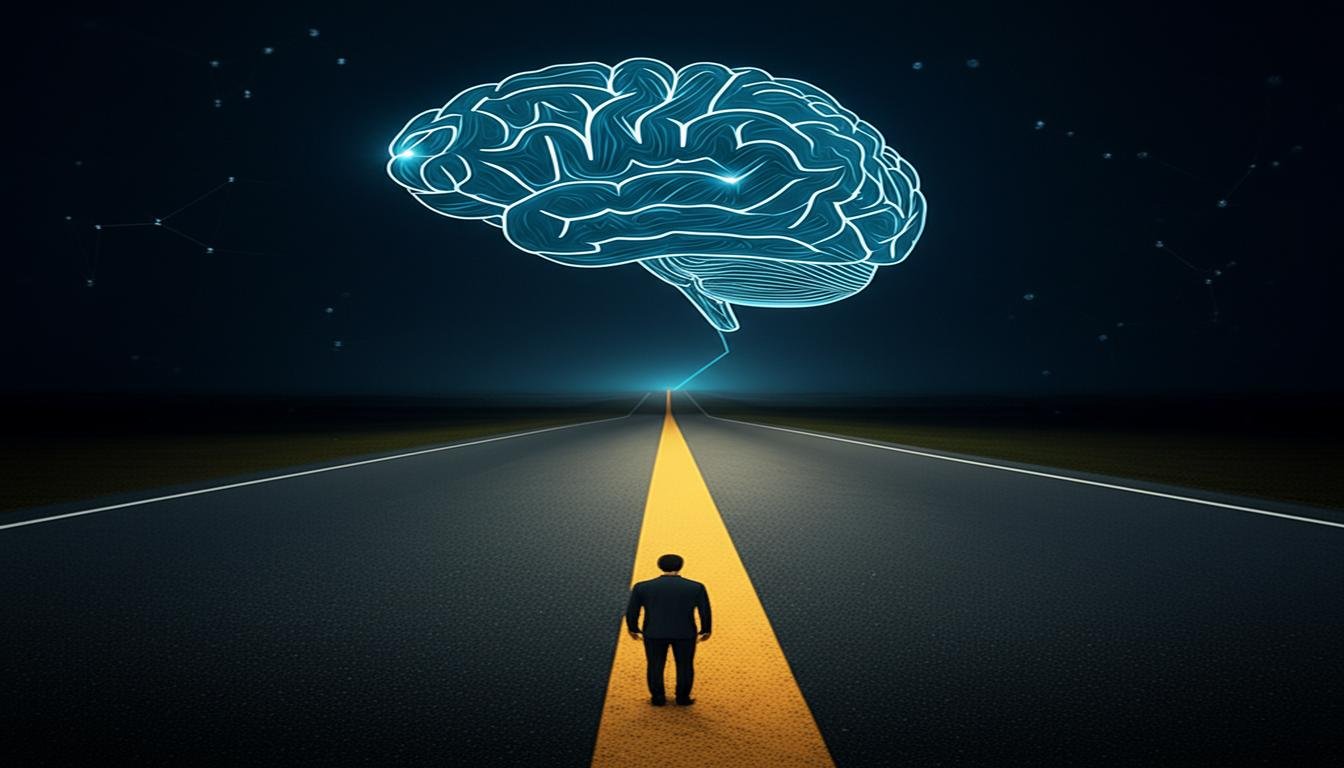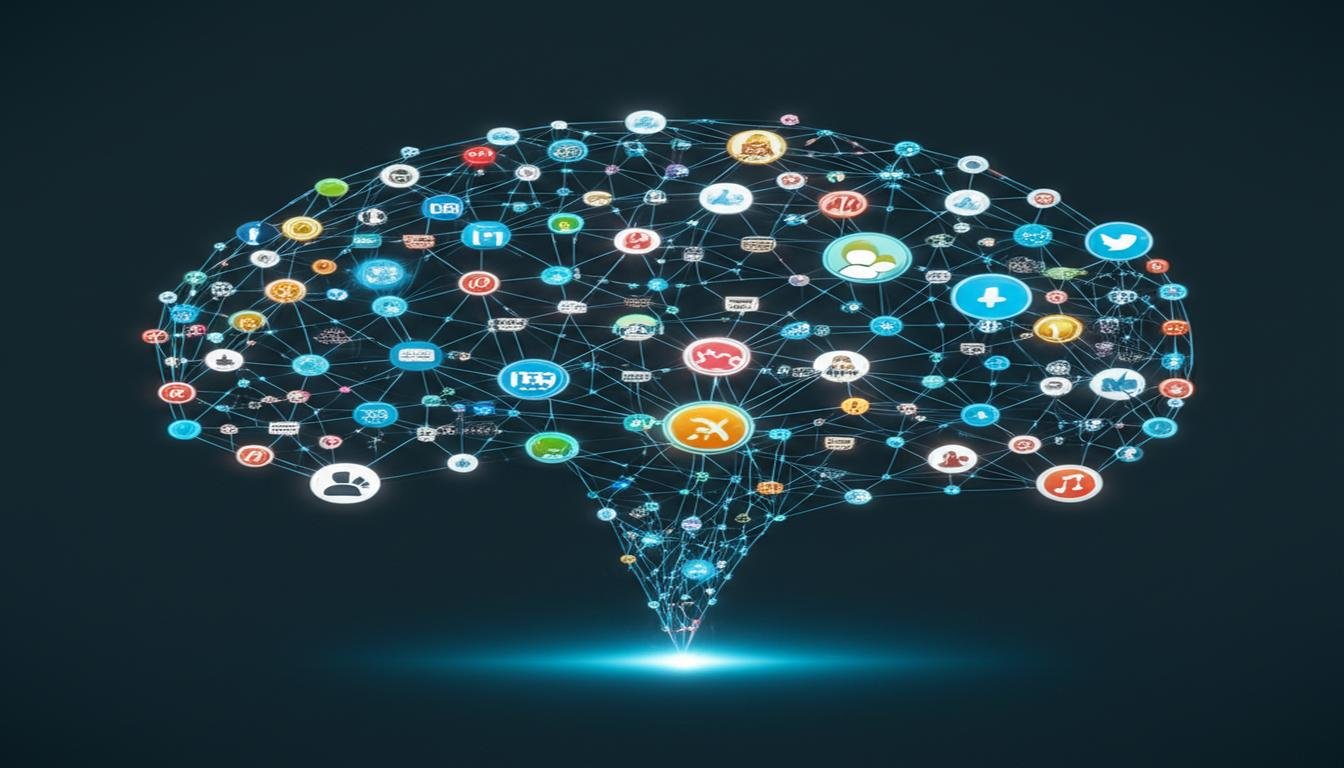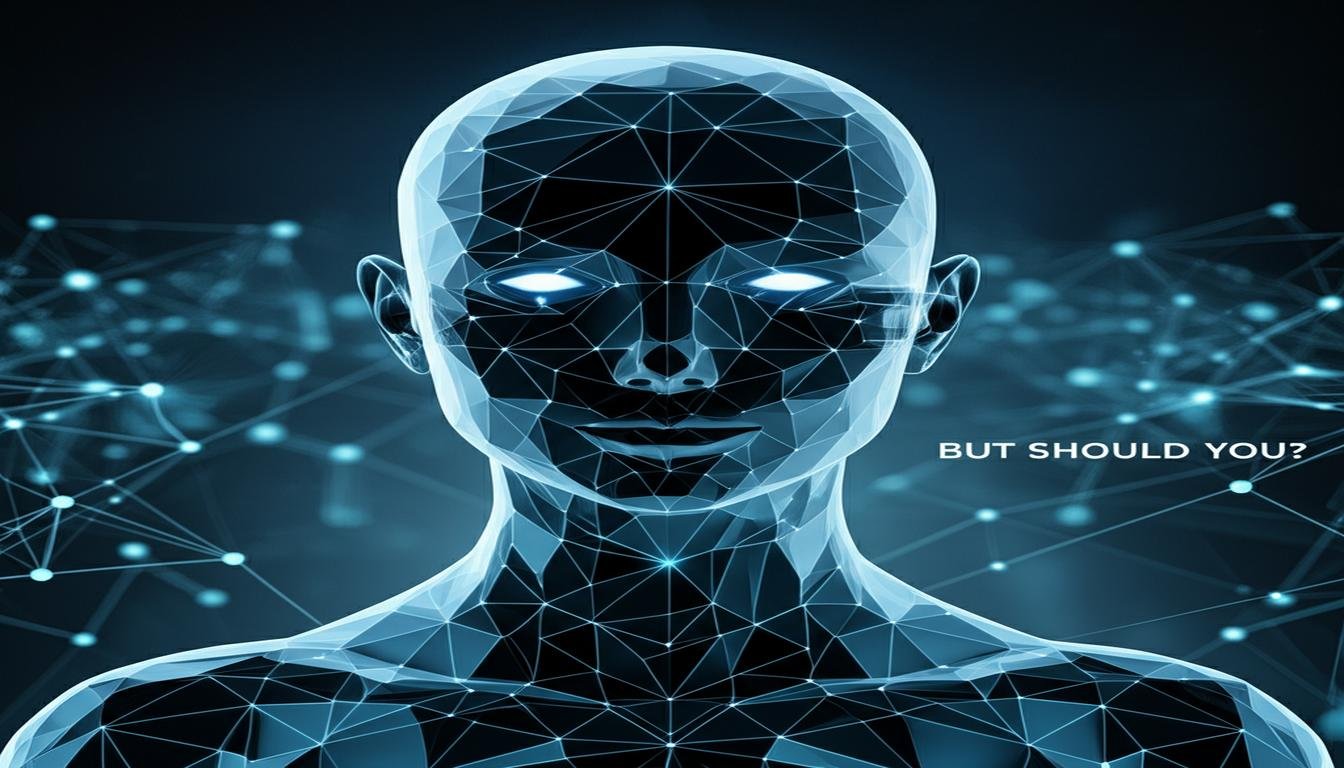Can AI Replace Religious Leaders? You’ll Be Surprised Who Says Yes Picture this: you’re facing a tough life decision, grappling with questions of faith, or simply seeking solace. Would you turn to a digital spiritual advisor, an artificial intelligence designed to offer guidance? It sounds like science fiction, right? Well, the conversation is already happening, and you might be surprised by who believes AI could, in some capacity, step into the roles traditionally held by religious leaders. For centuries, our spiritual journeys have been guided by human figures – priests, imams, rabbis, pastors, and monks. They’ve provided comfort, community, moral frameworks, and a listening ear. But as AI becomes more sophisticated, capable of everything from composing music to diagnosing illnesses, a provocative question emerges: can it also minister to the soul? The Core Question: Can Algorithms Offer Spiritual Guidance? At its heart, the role of a religious leader is multifaceted. It involves deep theological understanding, pastoral care, community building, ethical counsel, and the nurturing of faith. When we talk about AI stepping in, we’re not just talking about a fancy chatbot. We’re asking if a non-human entity can truly understand the nuanced complexities of human belief, suffering, and hope. Yet, some forward-thinking individuals in tech and even some progressive religious scholars are starting to say, “Maybe, yes.” Their arguments aren’t about replacing every aspect of human spirituality, but rather about AI’s potential to augment, or even in certain areas, excel at specific tasks. What AI Can Do (and Is Already Doing) for the Spiritually Curious Let’s look at the practical applications where AI is already making inroads or shows significant promise: Personalized Spiritual Content and Study Imagine an AI curating a personalized reading list of scriptures, philosophical texts, or meditations perfectly tailored to your current emotional state or theological questions. AI can quickly access vast libraries of religious texts, commentaries, and historical interpretations, offering insights that a single human leader might take years to master. Ethical Counsel and Dilemma Resolution AI can be programmed with ethical frameworks from various religious traditions. If you’re struggling with a moral quandary, an AI could, in theory, present you with relevant teachings, parables, and different philosophical viewpoints, helping you process your options. Community Facilitation and Administration While not “spiritual guidance” directly, AI can revolutionize the administrative and organizational tasks that often consume a leader’s time. Think AI managing church schedules, organizing volunteer efforts, or even connecting congregants with similar interests or needs. This frees up human leaders to focus on deeper, personal interactions. The “Yes” Camp: Who Are They, and Why Do They Believe? So, who are these surprising proponents of AI in spiritual leadership? They often fall into a few categories: Techno-Optimists and Futurists: These individuals see AI as the next evolutionary step in human assistance. They believe AI’s capacity for unbiased information processing and endless patience could make it an ideal spiritual advisor. Accessibility Advocates: For people in remote areas, those with social anxieties, or individuals feeling alienated from traditional institutions, an AI could offer immediate, non-judgmental access to spiritual resources. Some Progressive Theologians and Philosophers: A smaller, but growing, group suggests that if faith is about seeking truth and understanding, AI can be a powerful tool in that quest. They see AI as an extension of human intellect, capable of exploring complex spiritual questions from new angles. Their central argument often revolves around AI’s potential for consistency, vast knowledge recall, and the ability to offer completely unbiased advice, free from personal prejudices or human error. For some, the idea of an AI that could recall every sacred text, every philosophical argument, and offer perfectly tailored insights is incredibly compelling. The Unseen Challenges: Where Human Connection Still Reigns Supreme Despite the exciting possibilities, the idea of AI replacing religious leaders faces significant hurdles. Here’s why many believe the human element remains irreplaceable: True Empathy and Emotional Nuance Religious leaders don’t just dispense facts; they offer comfort, listen with genuine empathy, and share in human suffering. Can an algorithm truly feel your pain or understand the unspoken nuances of a heartbroken confession? Most would argue no. Empathy, a cornerstone of pastoral care, is deeply human. Shared Human Experience and Vulnerability A human leader can share their own struggles, their doubts, and their triumphs, creating a bond of shared vulnerability that AI cannot replicate. This shared journey is crucial for building trust and authentic community. The Sacramental and Ritualistic Aspects Many faiths involve rituals, sacraments, and ceremonies that require a physical presence and a shared, tangible experience. Can an AI perform a baptism, lead a communion, or conduct a burial service in a way that feels meaningful and authentic to congregants? Authentic Community and Belonging Religion isn’t just about individual guidance; it’s about belonging to a community. While AI can connect people, it struggles to foster the deep, in-person bonds, the collective worship, and the shared potlucks that define many faith communities. A Future of Partnership, Not Replacement? Perhaps the most realistic scenario isn’t an either/or, but a partnership. Imagine religious leaders empowered by AI tools that handle administrative tasks, provide in-depth research, and even offer initial, personalized spiritual prompts to congregants. This frees up human leaders to focus on what they do best: Providing genuine empathy and emotional support. Building and nurturing vibrant, in-person communities. Offering wisdom born from their own life experience and spiritual journey. Performing sacred rituals and ceremonies that demand human presence. In this vision, AI becomes a powerful assistant, a sophisticated digital aide that enhances the leader’s capacity, making spiritual guidance more accessible and tailored, but never fully usurping the irreplaceable role of human connection and spiritual presence. What Do You Think? The debate around AI and spirituality is just beginning. While AI offers intriguing possibilities for personalized spiritual growth and administrative efficiency, the profound, unquantifiable aspects of human connection, shared experience, and genuine empathy remain the bedrock of religious leadership. Could AI become a valuable tool in our spiritual toolkit? Absolutely. Will it ever truly replace the warmth of a human hand, the wisdom gleaned from a lifetime of faith, or the shared tears of a communal prayer? That’s a question we, as humans, will continue to grapple with as technology evolves.
Can AI Replace Religious Leaders? You’ll Be Surprised Who Says Yes
